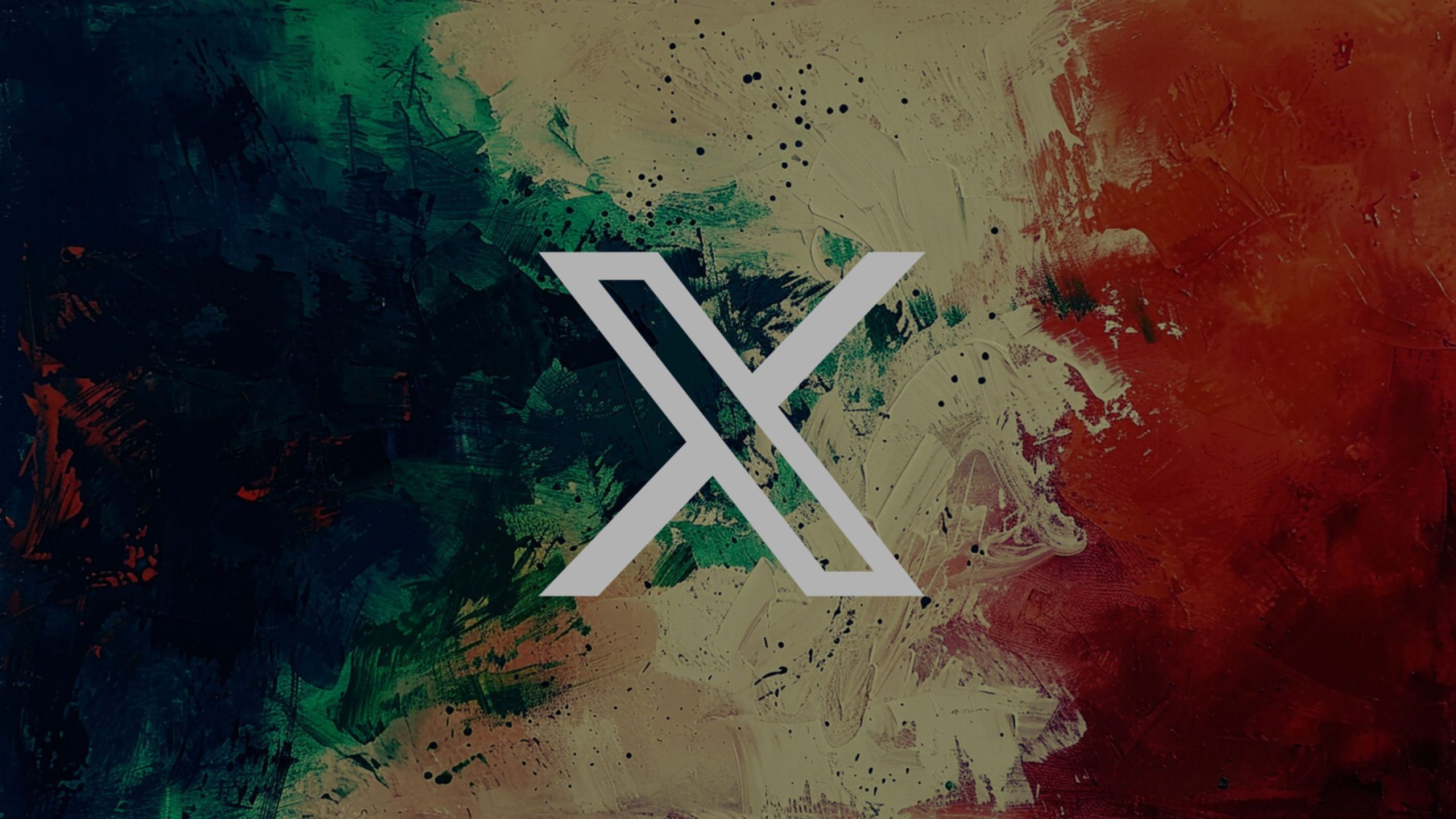X has initiated a High Court challenge against Ireland’s media authority, Coimisiún na Meán, over a newly introduced censorship code that imposes stringent regulations on video-sharing platforms.
The contentious safety code, finalized in October, emerged following the enactment of Ireland’s Online Safety and Media Regulation Act. Rooted in the European Commission’s Audiovisual Media Services Directive (AVMSD), the code obliges platforms under Irish jurisdiction to implement measures shielding users—particularly children—from harmful content. Platforms found non-compliant could face severe penalties, including fines of up to €20 million or 10% of annual revenue, whichever is greater.
For platforms like X, Facebook, YouTube, TikTok, and more, the code signals a dramatic shift away from self-regulation and gives Ireland’s regulators more control over online speech.
According to Coimisiún na Meán, the rules are designed to curtail the dissemination of “harmful” material. Criminal content, such as child exploitation or terrorism-related media, also falls within the prohibited categories but was already covered by previous laws.
Despite the regulator’s claims of prioritizing public safety, critics argue that the measures overstep boundaries. Social media lobby groups, including representatives of X, have voiced concerns that the rules could infringe upon free expression. Some describe the provisions as overly detailed and excessively burdensome, particularly for global platforms operating across diverse legal frameworks.
Elon Musk’s X, which advocates a freer approach to online discourse, lodged its case just days before the 28-day window to contest the code expired. X’s objections center on the potential conflict between the Irish regulations and broader European legal standards, such as the Digital Services Act.
While X has previously expressed support for co-regulatory frameworks under the AVMSD, it warned in August that Ireland’s implementation “must not impose obligations which go beyond” what European law requires. In its submission, the company emphasized the need for balanced enforcement mechanisms that align with international digital governance principles.
The regulatory body has indicated that it will supervise enforcement through systems-based oversight rather than micromanaging individual cases. “The code applies to platforms that are household names and part of our daily lives,” Coimisiún na Meán stated.










